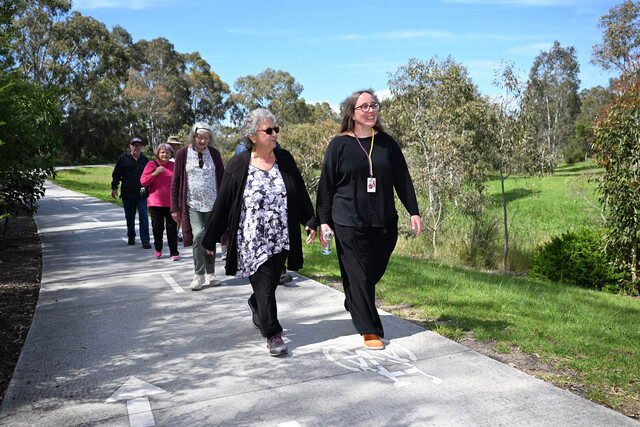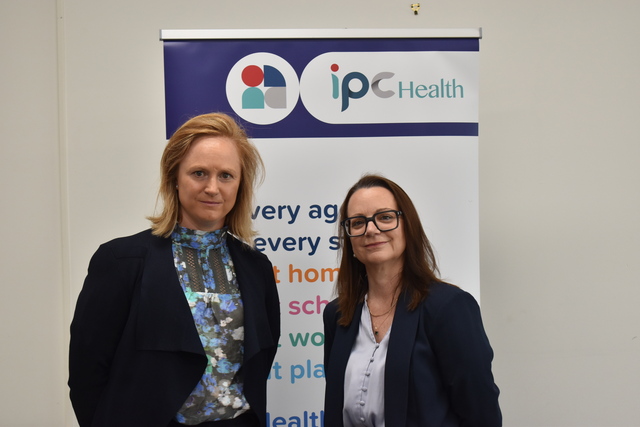Sunshine and Footscray hospitals face losing $800 million in funding over the next decade.
As the federal government clamps down on spending in the face of falling revenue, a new analysis shows Victorian hospitals face a $13.6 billion shortfall in funding in the next decade. The cuts mean Western Health stands to lose $794 million in projected funding.
State Health Minister Jill Hennessy said the Abbott government had walked away from key parts of the National Health Reform Agreement, removing funding guarantees and cutting the Commonwealth’s contributions to Victoria’s public hospitals from July 2017.
She said the cuts would lead to emergency department backlogs and a blowout in elective surgery waiting lists.
“Before the election, Tony Abbott said he wouldn’t cut health,” Ms Hennessy said. “But all we’ve had is cut after cut after cut to our hospitals and health programs. The Abbott government’s cuts mean Victorians will wait longer for surgery they need.”
Federal Health Minister Sussan Ley said Labor’s funding formula was unsustainable.
“Hospital funding under the Abbott government continues to go up, year on year … unsustainable health spending will cause Australians more harm than good in the long run,” Ms Ley said.
“These decisions are never easy or popular, but doing nothing is not an option and we are a government taking action.”
Western Health’s operations executive director Russell Harrison said such cuts would place a heavy burden on the west’s hospitals, including those at Sunshine, Footscray and Williamstown. “We trust a resolution will be reached to prevent budget changes of this magnitude because there’s no doubt they would have a profound impact on Western Health’s ability to provide the best care to its patients,” he said.
Federal savings from funding cuts to the states’ hospitals and schools are projected to rise from $1 billion in 2017-18 to $10 billion by 2020-21.
Treasurer Joe Hockey said states must find their own funding for hospitals.
“The states need to accept responsibility for the things they run,” he said.
“If they do that and if we’re all accountable for the things we are actually responsible for, we’ll have a more efficient system.”







